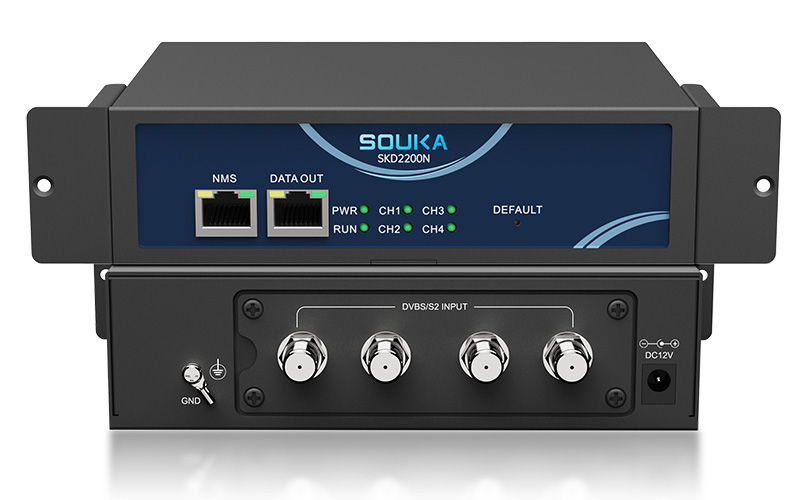Have any questions?
get in touchHave any questions?
get in touch
What is an IPTV system?
IPTV system is a set of hardware equipment and software interconnected via a computer network and intended to provide video content to viewers. Streamers, Encoders, Middleware, Video-on-demand, Time-shift, and other components are forming together a well-balanced system that is providing IPTV service to hundreds and thousands of users over local metro-e networks, FTTh optical cable or even mobile LTE and WCDMA networks.
An IPTV system has two sides, one visible to administrators and another to users. Administrators have to manage the receiving equipment up to satellite dishes to ensure good signal quality, they have to keep the solution up-to-date, secure, and well-performing. Users will see the IPTV system only from the side of client devices and their experience is mostly defined by how well the system is designed in the first place. It also counts, how well the solution is maintained by the administrators.
Besides the technical questions, it is important to take care of local law requirements, which sometimes are literally shaping some parts of IPTV systems. For example, in developed economies, the copyright is treated very seriously with law-enforced regulations for conditional access systems that have to be integrated all the way down from content providers to IPTV service providers, network providers, and client devices.
To conclude, an IPTV system is very complex and has to be designed with best practices of system architecture design and software development methodologies to be efficient and reliable, while conforming to all law requirements. Please find a more detailed explanation of an IPTV system in the article How an IPTV TV System compares to Cable, Satellite, and OTT.
